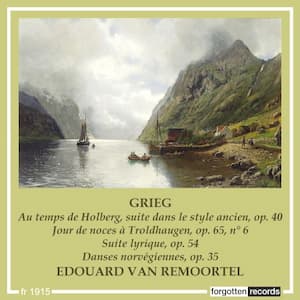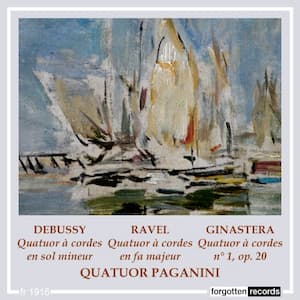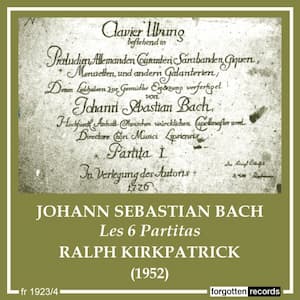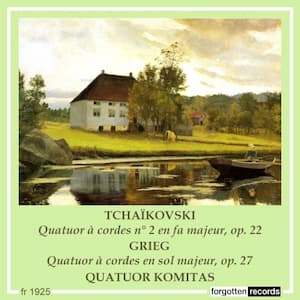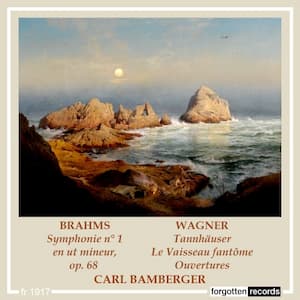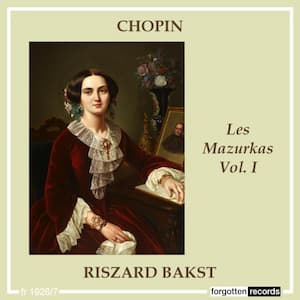Returning to Norway after a musical education at the Leipzig Conservatory starting at age 15, Edvard Grieg (1843-1907) took the piano education he had under Ignaz Moscheles and turned it into a successful career. He disliked the discipline of his
Archives
Claude Debussy (1862-1918), better known for his piano and orchestral works, was also a master of the string quartet. He wrote his first one in 1893 and planned a second one to go into a series of six chamber works.
The song cycle enabled a composer to look at a subject from a variety of points of view. In the two song cycles by Franz Schubert (1797-1828), the first, Die schöne Müllerin (The Beautiful Miller’s Daughter), setting the poetry of
Between 1725 and 1731, Johann Sebastian Bach (1685-1750) wrote the last of his keyboard suites. His earlier suites, the six English Suites, BWV 806-811, the six French Suites, BWV 812-817, and the Overture in the French style, BWV 831, culminated
We credit Haydn for codifying it, Mozart for extending it, and Beethoven for bringing it to its highest level. We look to Norwegian composer Edvard Grieg (1843-1907), however, to take Beethoven’s ideas and move them forward yet again. We generally
The sea was Richard Wagner’s inspiration for his 1843 opera Der fliegende Hollander (The Flying Dutchman). In July to August 1839, Wagner travelled from Riga to London, crossing the Baltic Sea and the North Sea on what proved to be
Polish composer Fryderyk Franciszek Chopin (1810-1849), better known under the French version of his name, Frédéric Chopin left Poland at age 20, just as the November 1830 Uprising was about to start, and started a new life in Paris. Although
Count Ferdinand Troyer (1780-1851) occupied a position of power as chief steward to Archduke Rudolf of Austria and also as an amateur clarinettist. His performance of the clarinet obliggato in ‘Parto, parto’ from Mozart’s La Clemenza di Tito with the

